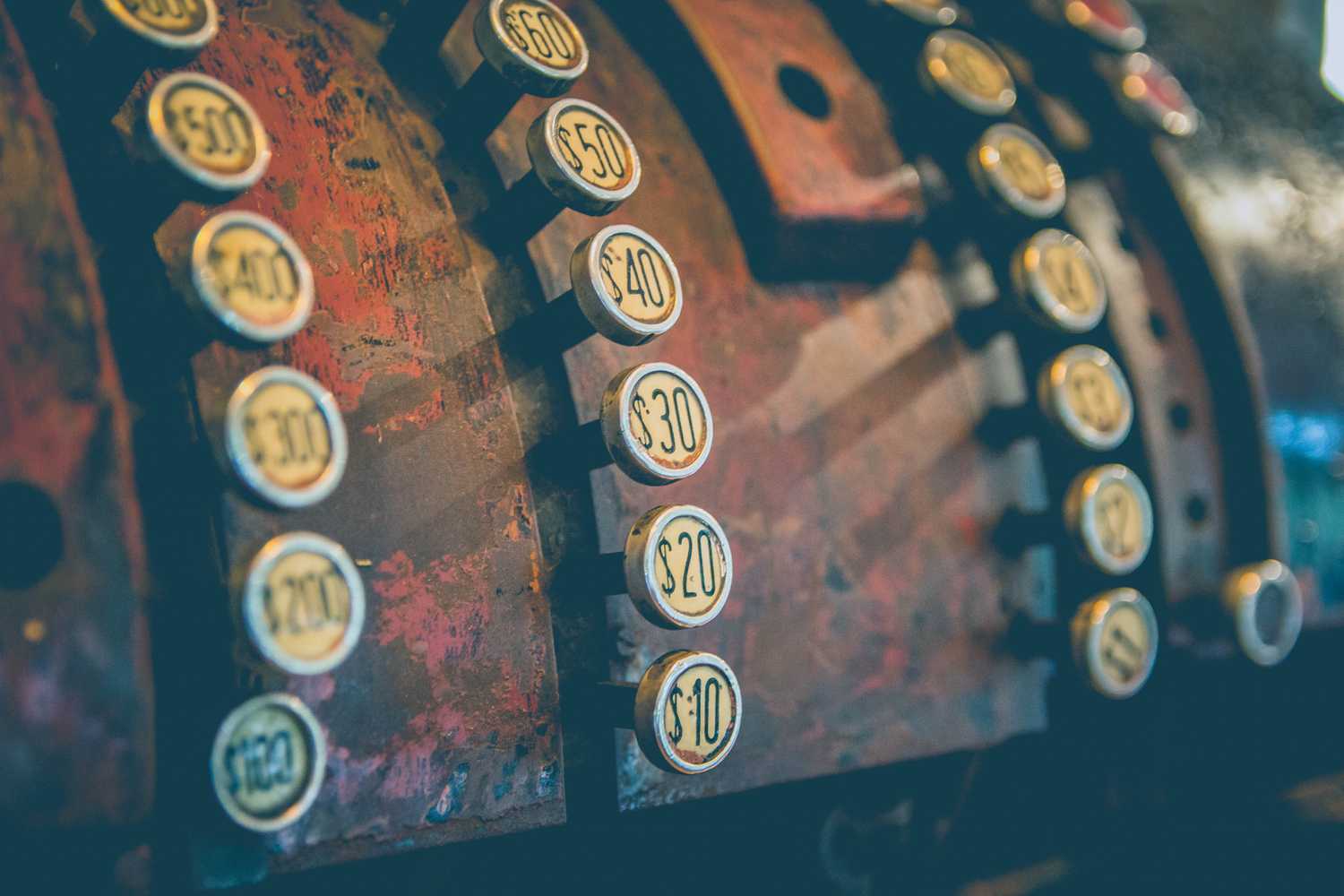It is not a new revelation that the prices of many products do not reflect their ‘true’ costs. That is, the environmental and/or social costs that may come along with the extraction, production, distribution, and/or consumption of these products are not included. Fossil fuels and mineral extraction are prime examples of this, with large corporations (and their shareholders) reaping the benefits, while environmental costs are externalised. But equally the world’s dominant measurement for (inter)national economic output, GDP (Gross Domestic Product), is at the core of ‘incorrect’ pricing. As Lorenzo Fioramonti demonstrate in Gross Domestic Problem: The Politics Behind the World’s Most Powerful Number (2013), GDP favours a particular kind of economic growth over other aspects that are essential to societies’ wellbeing.
On the one hand, society – and its taxpayers – are forced to pay the true costs. On the other (larger) hand, nobody has covered these costs so far; hence, the globe’s dire conditions. To reverse this, it has been proposed to come up with more honest pricing and factor in possible environmental and/or social costs from the start. To deal with the current (climate change) crisis, for example, the renowned behavioural economist Richard Thaler recently argued:
I am with, I think, 100 percent of economists around the world in thinking that step one, if we want to deal with this crisis, must be to get the prices right. Economists are right about some things. If you make something free, people consume too much of it. We see that at all-you-can-eat restaurants or, even worse, open bars. Right now, emissions are free, and people are acting accordingly. So whether it’s a carbon tax or cap and trade, we’ve got to get the prices right (now, that’s easier to say than to do).
Indeed, by no means a task without challenges. Hans Stegeman, from the Dutch Triodos Investment Management, highlights that it is, for one, very difficult to calculate what exactly true costs are. We may not even know these costs yet. Party as a result, Hans rightfully argues that true prices are not a panacea for a more sustainable future. Nonetheless, it is certainly a way forward to increase the prices of products that have high 'externalities'. Always with price increases flowing back to government efforts to attend to the additional costs for society.
Importantly, though, true prices also require true (re)distribution, i.e. fairer distribution outcomes prior to government (tax) interventions and/or more substantial redistribution afterwards. It has to be avoided that true pricing becomes elite pricing. Then, many things that over time have become available to large parts of society will (again) only be in reach of the rich. The prices of airplane tickets, for example, should reflect their true costs – and bring an end to budget flying. Yet not only a small minority should be able to unboundedly continue to hop around the globe. Simultaneously, though, 'too' successful (re)distribution should also not lead us into a situation in which virtually everyone is able to afford products with significant environmental costs - the aim is to reduce the availability of these products, after all.
True pricing and the potential support for it, then, will have to come along with creative thinking about how inequalities can be avoided, while at the same time preventing that aims to reduce environmental costs are nullified. Non-monetary restrictions, such as non-tradable (!) caps of flights per individual (per year), may be a way forward, for example.* These caps do not have to be exactly equal all the way, as it could be argued that people working for international organisations and/or people with family abroad require more flights than certain others. Yet complete monetarisation of true pricing should at all costs be avoided. If not, true pricing will certainly not be fair pricing.
* 4 January 2022: Friends of the Earth Netherlands recently suggested another way to address inequalities emerging from increasing the price of flying. Instead of a cap, they propose a frequent flyer tax (interview with Donald Pols, NRC Handelsblad, 23 December 2021). That is, when you fly once in a certain period, flights will still be in reach for people with an ordinary budget. But the fifth or sixth ticket could be taxed thirty times times as much as the first ticket, for example. Accordingly, the rich or business people will face the costs of flying frequently - and thus have to consider whether it is worth it.
